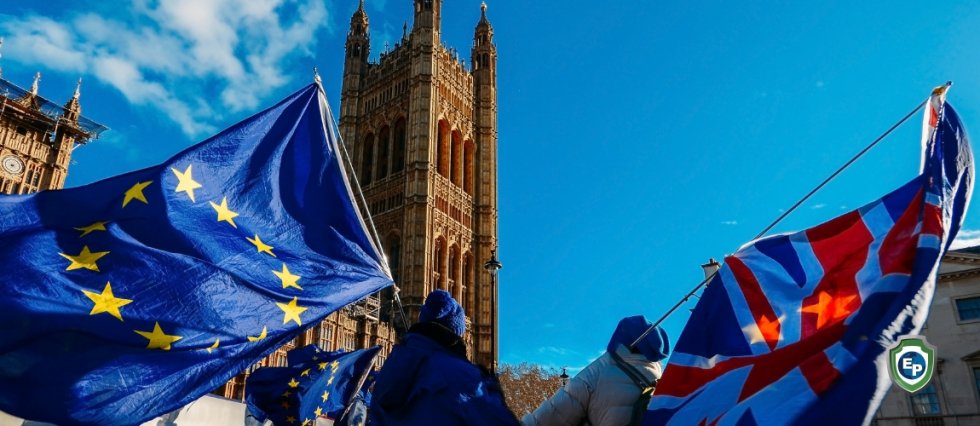UK government prepares for no-deal Brexit: What this means for British trade
A no-deal Brexit outcome is becoming more and more likely. So what does this mean for the UK and the European Union? And how must the British government prepare for such a scenario?

The coronavirus pandemic has forced the British government to delay its Brexit preparations at the beginning of the year. Much of the government’s current focus remains directed towards preventing the spread of the virus and repairing all the damage done to the country’s economy. However, the UK government must also prepare for a highly likely no-deal Brexit scenario, which will carry significant implications for British trade.
Missed Deadlines
The UK government has missed critical deadlines for striking a trade deal with the European Union (EU). Most recently, Prime Minister Boris Johnson stated that a Brexit deal would be ready by the end of July. However, the deadline has passed, and the government must agree on a free trade deal with the EU on a new date. If not, the UK will have no choice but to default to the World Trade Organization (WTO) terms starting in January 2021. This will significantly impact British businesses in numerous ways.
WTO Rules
The most significant change to British businesses will be following the WTO regulations when trading with other European countries. Under WTO rules, the EU would fall under the category of a “third-country” for the UK, and this category would dictate the tariffs and quotas for trade between the two regions. Since trade between the UK and the EU is currently free, these newly imposed tariffs would likely impact businesses in all sectors, with the Confederation of British Industry (CBI) estimating that 90% of UK goods exported to the EU would be affected.

British businesses may have to pay substantial taxes when exporting to the EU as well. The average tariffs for agricultural products would be around 11.1%, 15.7% for animal products, and 35.4% for dairy goods. The car industry would also face steep taxes of 10%, adding roughly $3,500 to the average price of a British car sold in the EU market.
Reduced Speed of Exports and Imports
Additionally, a no-deal Brexit could result in longer lead times for products entering or exiting the UK. Experts predict that around 85% would likely not be prepared for French customs, which could ultimately reduce traffic flow by 40-60% over the first couple of months. Even after this initial period, traffic flow may only return to 50-70% of current levels. This will significantly impact the speed at which UK businesses can import and export goods.
Slower Economic Recovery
Finally, economists have recently warned that if the UK has to trade on WTO terms, then the British economy would be much slower to recover from the impacts of the coronavirus pandemic. Seeing as how the UK has been suffering substantially from the aftermath, it must do its best to avoid a no-deal Brexit.
Stay in the Loop With Export Portal
For more articles like this one, make sure to check out our site!






Comments 0